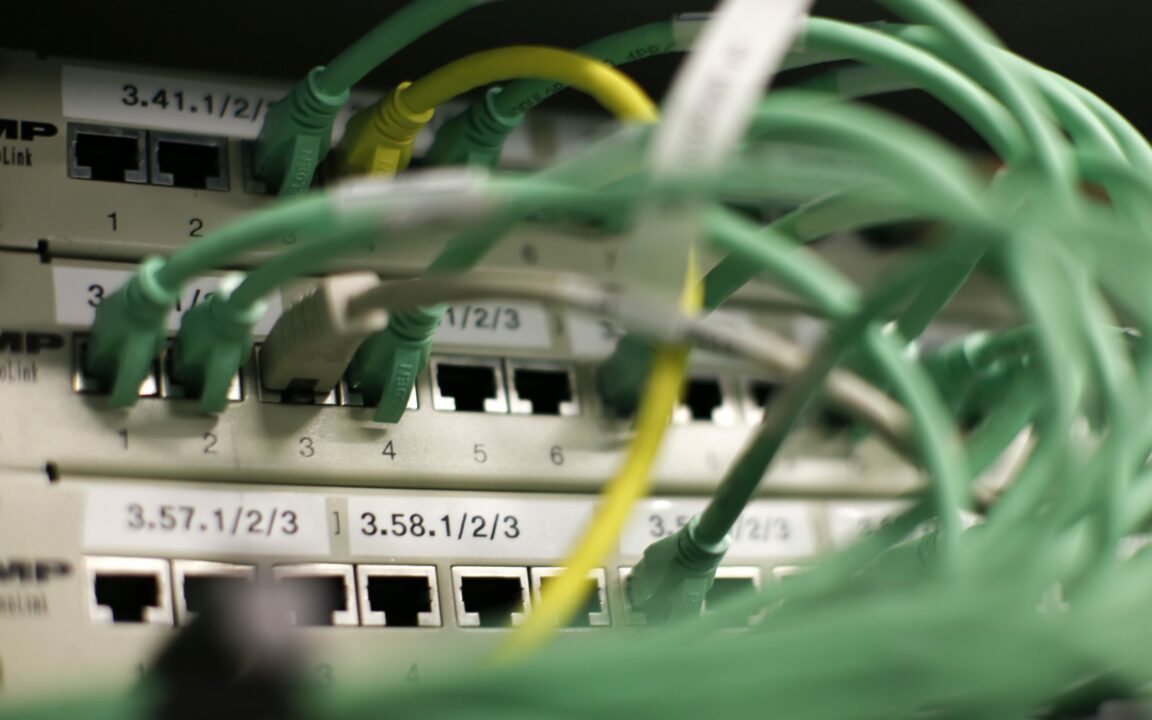
PHILIPPINE President Ferdinand R. Marcos, Jr. will be reviewing the Konektadong Pinoy bill, a priority measure for his administration, amid concerns raised by telecommunications companies over some of its provisions, according to the Palace.
At the same time, Department of Information and Communications Technology Secretary Henry Rhoel R. Aguda expressed confidence Mr. Marcos will sign into law the measure which will establish a more affordable and inclusive digital ecosystem.
At a briefing, Palace Press Officer Clarissa A. Castro said the Office of the President has yet to receive a copy of the final version of the bill, which was ratified by Congress.
“As of now, we have been informed that no document has been given to the Office of the President but rest assured that the President will evaluate any provision stated in the said Konektadong Pinoy bill,” she said.
“Let us expect the President is listening to possible issues concerning this bill and that he will weigh what is best for our fellow citizens, including any concerns about national security and any potential negative impact on the telecom industry,” she added in Filipino.
Ms. Castro said the President would act on the measure swiftly after he carefully studies the bill’s provisions.
“Yes, we are confident that it will be signed by the President. It is among the priority legislation of this administration,” Mr. Aguda said during the Economic Journalists Association of the Philippines (EJAP) Infrastructure forum on Monday.
The Senate and House of Representatives last week ratified the bicameral conference committee report of the Konektadong Pinoy measure.
The bill, which aims to increase internet access by relaxing regulations and allowing the entry of more players into the data transmission industry, has been opposed by telecommunications companies.
“We will hear the opposition of the telecommunications companies. There are things that we agree on, one is the optimization of spectrum to improve service and increase connectivity,” Mr. Aguda told reporters on the sidelines of the EJAP forum.
The Philippine Chamber of Telecommunications Operators (PCTO) earlier said that certain provisions of the measure could weaken regulatory oversight and threaten national security and fair competition.
PCTO President Froilan M. Castelo, in a statement on June 12, warned that the bill exposes the country to risks from unregulated infrastructure and possible foreign control.
Under the bicameral version of the bill, the state will adopt an open-access policy to create a more accessible and competitive environment for all qualified participants across the entire data transmission network, while encouraging investments in digital infrastructure to support reliable and affordable data services.
The final version exempts international gateway facilities, cable landing stations, and satellite service providers from legislative franchise requirements. This means any company may build and operate such facilities without going through the safeguards historically used to ensure national security.
The measure also directs the state to pursue plans that incentivize participants in the data transmission industry to invest in, adopt, roll out, implement, establish, own, maintain, operate, or utilize new and next-generation technologies, with priority given to unserved or underserved areas.
The bicameral version of the Konektadong Pinoy also states that radio frequency spectrum should be optimized; and that underutilized and unutilized spectrum must be reallocated.
Mr. Aguda said that in order to advance the country’s connectivity, the deployment of fifth-generation (5G) technology should be expedited, which is one of the main objectives of the Konektadong Pinoy bill.
The first frequency block that should be freed up is the second-generation (2G) and third-generation (3G) frequencies to go to fourth-generation (4G) and 5G spectra, Mr. Aguda said, adding that at present 15% of the 70 million mobile subscribers are 2G and 3G users.
“If you are a telco that has 2G and 3G, and you are not using it, you need to surrender the franchise. This is a hot topic right now in the Konektadong Pinoy,” Mr. Aguda said, adding that telecommunications companies must prove that they are utilizing their current spectrum.
Ronald B. Gustilo, national campaigner for Digital Pinoys group, said the reallocation of the unutilized 2G spectrum for 4G and 5G use is “a step in the right direction.”
“We welcome this push to modernize our spectrum policy as part of accelerating 5G deployment across the country,” he said in a Viber message on Monday.
Mr. Gustilo said that while his group respects the concerns raised by PCTO, these must not override the bill’s core intent, which is to uphold public interest, transparency, and equitable access.
“We urge the President to act decisively and sign the bill into law to demonstrate that universal connectivity is not just a promise, but a policy priority,” he said.
Hastings Holdings, Inc., a unit of PLDT Beneficial Trust Fund subsidiary MediaQuest Holdings, Inc., holds a majority stake in BusinessWorld through the Philippine Star Group. — Chloe Mari A. Hufana and Ashley Erika O. Jose